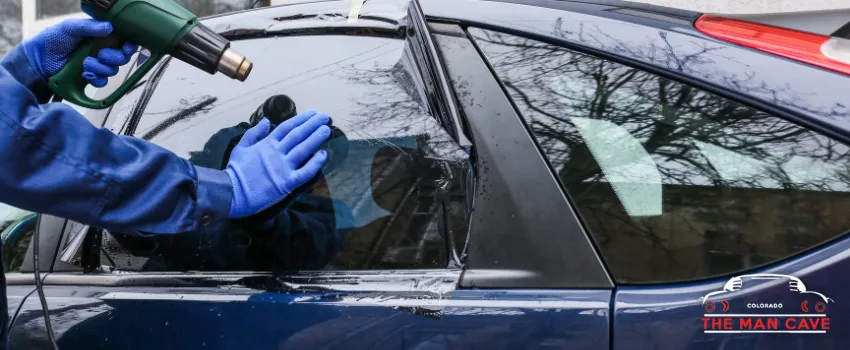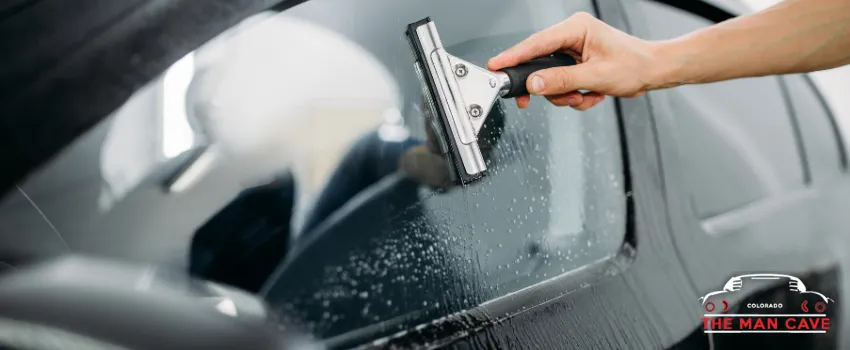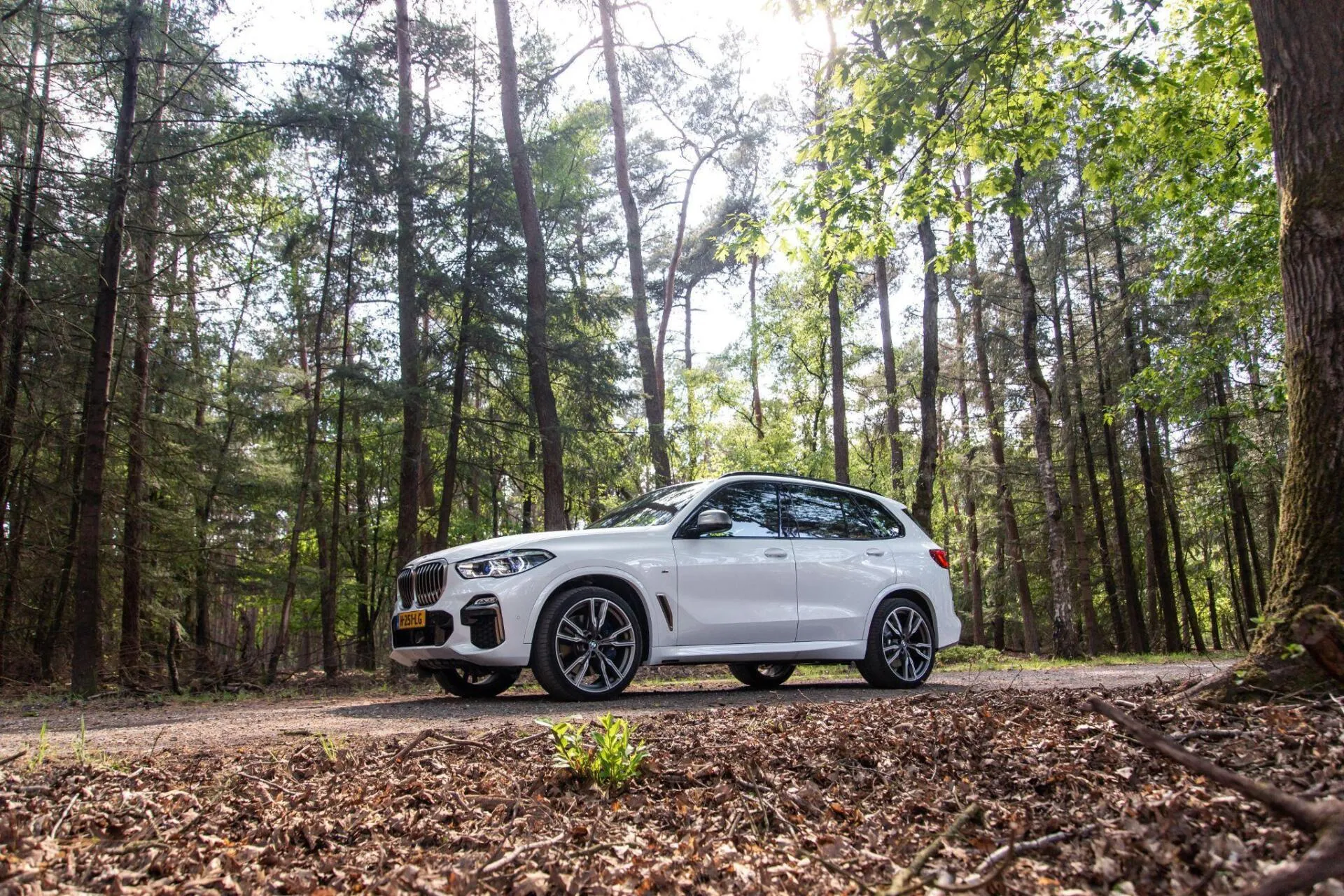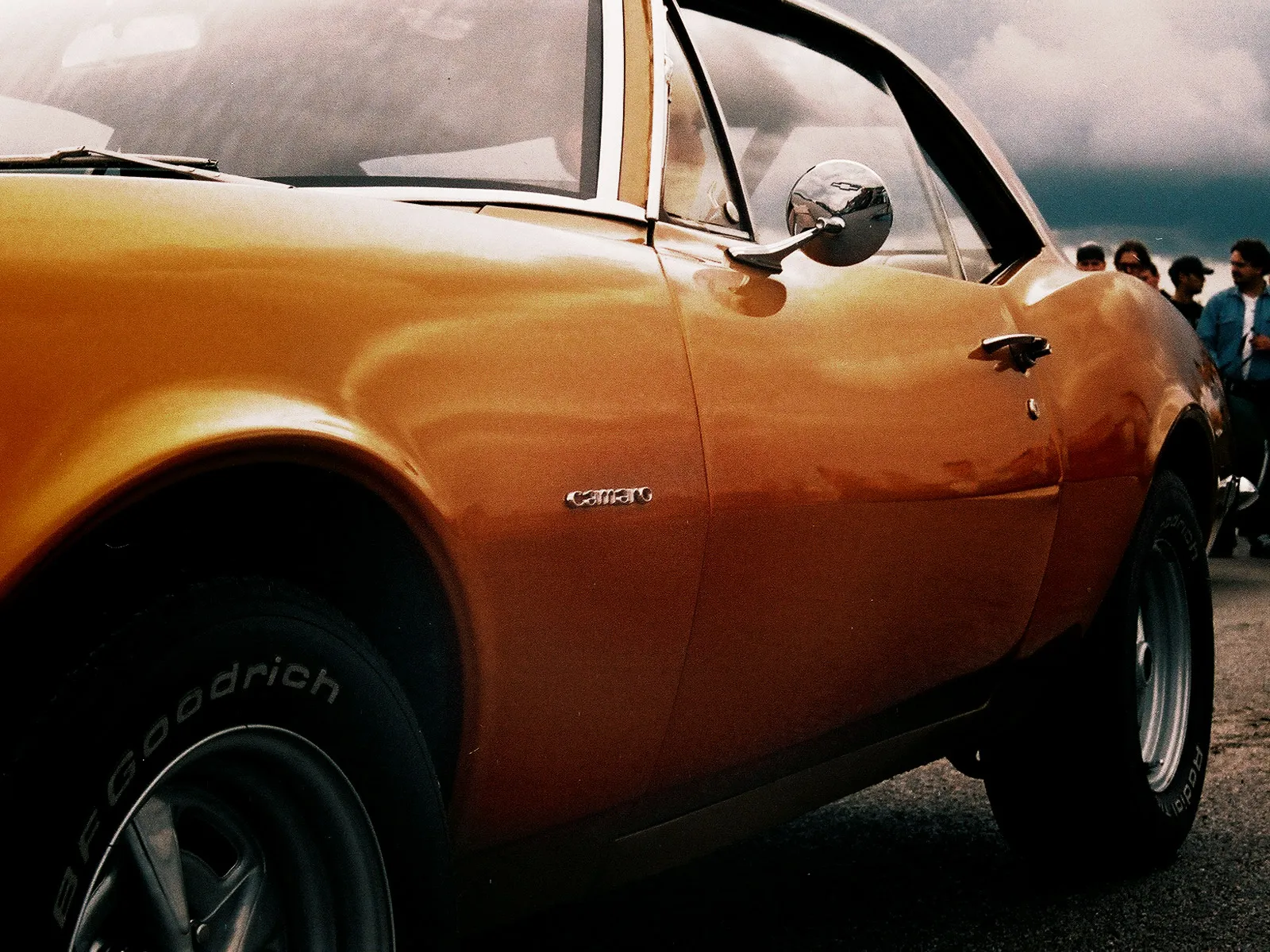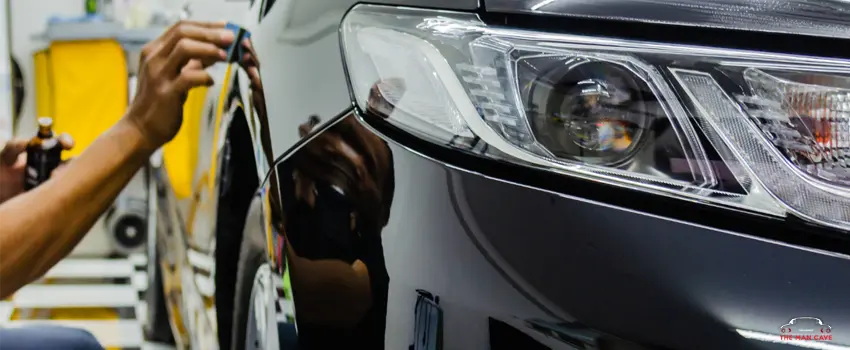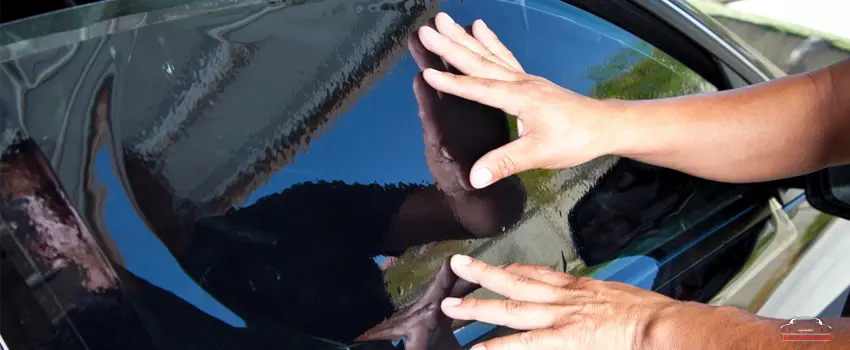Getting your car windows tinted can be exciting since you get numerous benefits, such as enhanced privacy and protection against harmful UV rays. However, before diving into car window tinting, you must be aware of the laws and regulations governing this service.
Auto window tinting laws vary from jurisdiction to jurisdiction, with each region setting specific guidelines regarding tint darkness, light transmission, and other relevant factors. Understanding and adhering to these laws ensures compliance and prevents potential legal issues and penalties arising from non-compliance.
Car Window Tinting Law
Laws on having your vehicle windows tinted serve several purposes. Some purposes include maintaining public safety, regulating visibility from inside and outside the auto, and ensuring the enforcement of legal standards. These strike a balance between allowing car owners to enjoy the benefits of tinting while preserving necessary visibility for drivers and law enforcement officials.
Authorities enforce regulations on tint darkness and light transmission. This aims to prevent potential misuse of car window tinting, assuring road safety and aiding law enforcement. Therefore, before tinting your car windows, you must familiarize yourself with your jurisdiction’s specific laws and regulations. By taking this step, you ensure compliance and a positive tinting experience.
Home and Auto Window Tints
Home and auto window tinting refers to the process of applying a thin film to windows in residential homes or vehicles. These processes alter the windows’ transparency and provide various benefits. Unlike car windows, where various laws apply, home window tinting is not controlled or regulated.
Nevertheless, both services offer similar benefits, including reduced glare and minimal to zero fading of furniture and upholstery. They also involve selecting the appropriate tint, darkness, and light transmission percentage to meet personal preferences.
What Are the Tint Laws in Colorado in 2023?
In 2023, the tint laws in Colorado outline specific regulations regarding the darkness of the tints and the amount of light transmission allowed through your car windows. These window tinting regulations maintain safety on the roads while allowing individuals to enjoy the benefits of tinting services.
There may be additional restrictions or requirements for certain types of Colorado vehicles, such as those used for commercial purposes. Thus, motorists must educate themselves about the applicable car window tinting law to ensure compliance and avoid potential penalties.
What Is the Best Tint Percentage?
Tint percentage refers to the amount of light allowed to pass through the tinted windows, with lower percentages indicating darker shades. The ideal tint percentage largely depends on the intended purpose. For example, a tint with a higher percentage allows more visible light transmission. It is suitable for individuals who prioritize visibility and a more natural appearance.
On the other hand, a lower tint percentage ranging from 15-35% offers increased privacy, glare reduction, and improved heat rejection. However, it may be subject to stricter legal restrictions in some places. Given this, there must be a balance between aesthetics, functionality, and adherence to the law. Consulting with a professional tinting service provider can be helpful in this regard.
Is Regular Tint Better Than Reflective Tint?
Regular tint, also known as non-reflective tint, absorbs solar energy and reduces glare without reflecting it back. A reflective or mirrored tint can reflect a portion of the incoming light, offering greater privacy and heat rejection. It can give a more striking look to a vehicle’s windows, unlike standard window tints.
However, some states have regulations or restrictions on using reflective tint due to potential visibility issues and interference with law enforcement efforts. As such, you may need to get the advice of a professional auto window tinting company to make an informed decision based on individual needs and legal requirements.
Is Reflective Tint Legal in Colorado?
Colorado allows window tints on vehicles but has restrictions on the use of reflective or mirrored tints. These tint types create a mirror-like effect which is prohibited in the state. Thus, vehicle owners should be aware of updated car window tinting regulations set forth by the state authorities to ensure compliance.
Key Takeaway
While many car owners these days prefer tinted windows, it’s crucial to remember that existing laws govern the use of this service. Even if you have the best window tints, violating local laws could lead to trouble.
To avoid such issues, seek assistance from an experienced auto window tinting shop. Doing so will ensure you will enjoy the benefits of having tinted windows and comply with the specific guidelines established by local authorities.
Experience unmatched car window tinting services from Man Cave Colorado.
Window tinting is a specialized craft. If you want it done right, your best choice is undoubtedly Man Cave Colorado.
Our window tinting Westminster, CO, services are top-of-the-line, with countless customers leaving our shop with smiling faces. If you want to be the next one, call us today.

